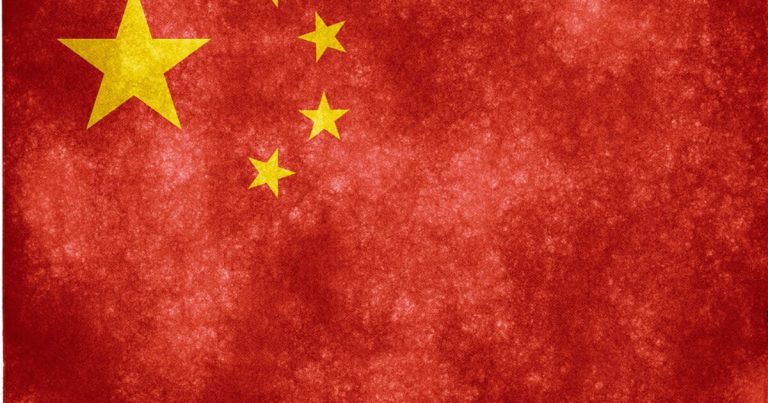
This story was originally published by Real Clear Wire
By Calista Gingrich
Real clear wire
A report published on February 14 revealed that the Chinese Communist Party continues to target and enslave Uighurs through the expansion of forced labor in China. The report, published by the Jamestown Foundation and written by banned Beijing academic Adrian Zenz, concluded that “Xinjiang currently operates the world’s largest system of state-imposed forced labor.”
Atrocities committed by the Chinese Communist Party against members of ethnic and religious minorities in Xinjiang have come to light in recent years, including the mass imprisonment of more than a million civilians, forced sterilization, separation of children from their families, torture, ill-treatment, and torture. Restrictions on religious freedom and forced labour.
While most of China is made up of the Han ethnic group, more than half the population of the northwestern region of Xinjiang is made up of ethnic minorities (mostly Muslim Uyghurs) – whom the party has long sought to control.
In 2021, then-Secretary of State Mike Pompeo determined that the Chinese Communist Party was committing genocide and crimes against humanity in Xinjiang — a decision that was supported by Secretary of State Antony Blinken.
Although the horrific methods the Party uses to subjugate these minorities are different, the goal remains the same.
“It's a strategy of control and assimilation,” Zenz told The New Yorker. “It is designed to eliminate Uyghur culture.”
Xinjiang's forced labor regimes – punishable by detention for non-compliance – are a key part of removing resistance and opposition to the absolute power and authority of the Chinese Communist Party. In his report, Zenz pointed to two dominant systems used to target Uyghurs and other ethnic groups in Xinjiang.
In one system, detainees in China's notorious re-education camps received forced skills training before receiving forced on-the-job training. Detainees who were considered less problematic were sentenced to hard labor, while others, such as prominent business and intellectual figures, were sentenced to long prison terms.
Although it appears that this system is no longer active, Zenz noted that the CCP is instead expanding its “poverty alleviation through labor transfer” program. Zenz described this policy as a “state-imposed non-custodial forced labor mobilization system.”
A Chinese academic research report, the Nankai Report, described re-education camps as a “radical short-term measure” and labor transfers as a “long-term method to reform, integrate and assimilate” the Uyghurs.
But the bottom line is clear. “Recent changes in Xinjiang policy have made forced labor less visible and more difficult to envision,” Zenz wrote. “Uyghur forced labor is becoming more widespread and more insidious.”
The United States should heed these findings that disguise forced labor as voluntary.
In 2021, Congress passed the bipartisan Uyghur Forced Labor Prevention Act. The law prohibits goods produced by the Chinese Communist Party's forced labor programs from entering the US market. However, many products associated with forced labor continue to evade legal protections and reach American families.
Chairman of the House Select Committee on the Communist Party of China, Rep. Mike Gallagher and Ranking Member Rep. Raja Krishnamurthy, wrote a letter to Homeland Security Secretary Alejandro Mayorkas outlining some of the key challenges to effective implementation of this consequential law.
First, the members wrote: “Companies transfer forced workers from… [Xinjiang] To other regions in the People's Republic of China, which increases the complexity of the matter [U.S. Department of Homeland Security] Enforcement of the presumptive ban on the products of forced labor [Xinjiang]In addition, “the second factor that undermines enforcement [law] Beijing is increasing shipping of forced labor products to the United States via third countries.
Last week, in order to increase and strengthen US efforts in combating human rights abuses in Xinjiang, the US House of Representatives overwhelmingly passed the bipartisan, bicameral Uyghur Policy Act. This legislation, led by Rep. Yong Kim, would allow the State Department to appoint a special coordinator for Uyghur issues, direct the US Agency for Global Media to distribute information on the Uyghur genocide, and allow support for Uyghur human rights activists.
As the Chinese Communist Party continues to target Uyghurs and members of other ethnic and religious minorities in China, the United States should strengthen enforcement of the Uyghur Forced Labor Prevention Act and decide to pass the Uyghur Policy Act into law.
For more commentary from Ambassador Callista L. Gingrich, visit Gingrich360.com.
This article was originally published by RealClearPolicy and made available via RealClearWire.

